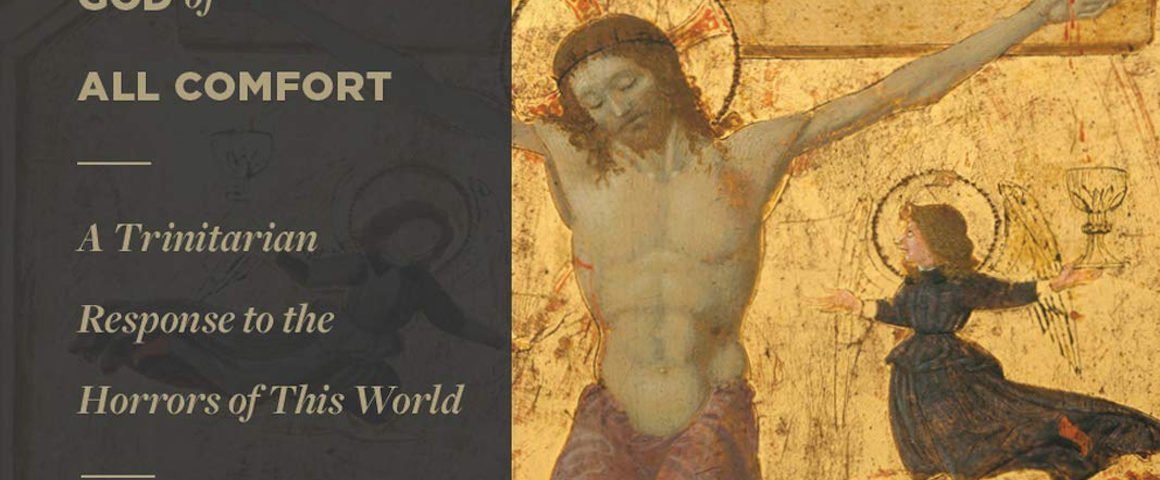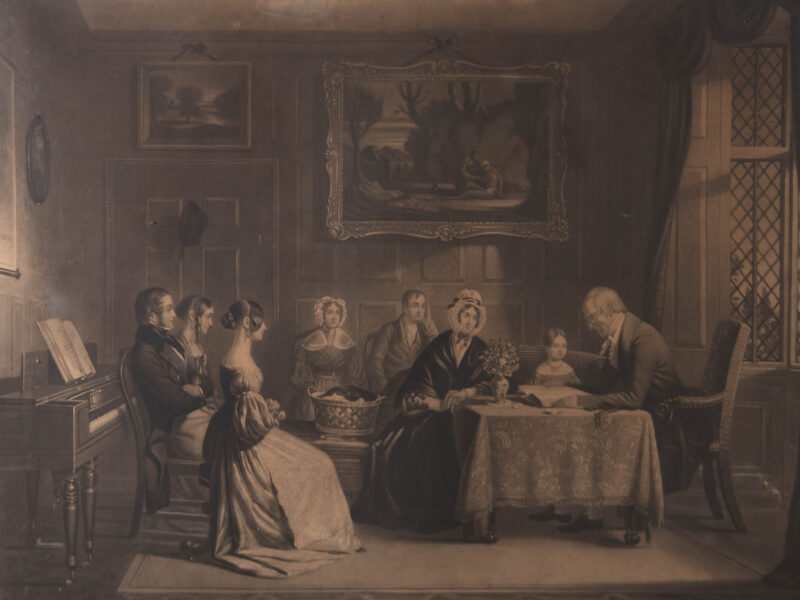“the reality of grace is vastly richer and far more powerful than the force of those flames. It is so strong that even when our capacity to narrate the good-news story of grace is destroyed (as it often is in situations of violence), the reality to which it witnesses, the unending love of God, remains constant and steady and ever true.” -Serene Jones
According to Roman Catholic, New Testament Professor Jerome Murphy-O’Connor, “Sin is the ‘world’ in the false orientation given humankind by the sin of Adam.”[1] In other words, sin disrupts God’s shalom embedded in the Edenic ideal of initial creation. Sin is a vandalism of shalom leading to chaos and devastation. According to Ridley College Associate Professor of Theology and History Scott Harrower’s new book God of All Comfort: A Trinitarian Response to the Horrors of This World, such a toxic milieu serves as a catalyst for horrors. He defines horrors as meeting the following criteria:
(1) it includes a degeneration of life toward death by means of replacing the makeup of a being with absences or distortions of them and replacing the qualities of things with lacks or distortions of those qualities, and/or (2) it is sourced in an objective, relationally immoral action, and/or (3) it objectively prevents an individual from being and allowing others to be images of God in their natural and fullest sense, and/or (4) it entails a traumatic response that diminishes the potential and actualization of personhood, and (5) it is not possible to fully recover psychologically and relationally from these before death.”[2]
These events create trauma, “a temporary (which includes long-term) impeded actualization of life.”[3] One of the results of ongoing trauma is a spectral existence that includes a thinned out life haunted by horrific events revealing “an absence or distortion of that which was there.”[4]
According to Harrower, horrors raise three major problems: theological, existential, and anthropological. Theologically, horrific events raise the problem of evil, particularly regarding divine hiddenness which is the critique that God does not appear present in the midst of suffering. The existential problem is meaninglessness because a person who has experienced trauma often feels a lack of purpose, significance, and value. Finally, the anthropological problem raises the serious concern about potential recovery: can personhood be restored to a victim traumatized by horror? Such problems require thoughtful answers which Harrower provides.
Through a literary experiment, Harrower introduces the “shattered lens hermeneutic:” the way a traumatized person interprets the world around them. This “paranoid” interpretation shifts the hermeneutical center of emphasis away from authorial intent and canonical context, funneling texts through the particular lens of experienced trauma. To demonstrate this methodology, Harrower takes on the persona of a paranoid reader engaging the book of Matthew. Such a reading emphasizes the grotesque aspects of the Gospel with no room for hope. This method reinforces a nihilistic mentality and skepticism, reifying the ongoing consequences of trauma.
To counter the horror reading, Harrower proposes a pastorally helpful “blessed” perspective of engagement with Matthew. Instead of re-entrenching trauma, a blessed perspective “anticipates the possibility of a radical change in a person’s perspective on reality, primarily via the invisible actions of God’s Spirit.”[5] The blessed perspective dares to hope that the Spirit can work in the life of the traumatized individual, revealing the true nature of the Father and restoring one in spite of their experiences.
In the final section of the book, Harrower presents a Trinitarian response to horrors. “To recover from trauma,” he states, “persons need to establish a sense of safety, lament their trauma in the context of a coherent story, and reconnect with their community.”[6] By recovering a sense of safety, a trauma survivor can answer back the skepticisms naturally raised by their experiences. The Gospel presents an opportunity for the horror-affected to place their particular narrative in the context of an overarching, universal narrative. At the intersection of particularity and universality, hope can be found because of the eschatological direction of the Christian story. Finally, by reconnecting with a community “people who have been traumatized by horrors may reconnect with ordinary life without becoming prey to distorted forms of mundane life, such as the unrighteous pursuit of goods, fame, and power. Life may be ordinary, but it is by no means meaningless. Meaning is not invented but received, supported, and put into practice by disciples.”[7] By reinforcing safety, story, and community, the Gospel carves out a space for the recovery.
With the rise of trauma studies, God of All Comfort is indispensable. Harrower is well-versed in the academic literature and provides a theological bridge for those outside the field. In a world where specialization is privileged and the therapist has overtaken the pastoral counselor, it is necessary for pastors to better understand how the Church can serve those suffering from trauma.
-
Jerome Murphy-O’Connor Becoming Human Together: The Pastoral Anthropology of St. Paul (Atlanta, GA: Society of Biblical Literature, 2009), 137. ↑
-
Scott Harrower, God of All Comfort: A Trinitarian Response to the Horrors of This World (Bellingham, WA: Lexham Press, 2019), 28. ↑
-
Ibid., 39. ↑
-
Ibid., 43. ↑
-
Ibid., 117. ↑
-
Ibid., 137. ↑
-
Ibid., 218. ↑





'A Review of God of All Comfort: A Trinitarian Response to the Horrors of This World' has no comments
Be the first to comment this post!